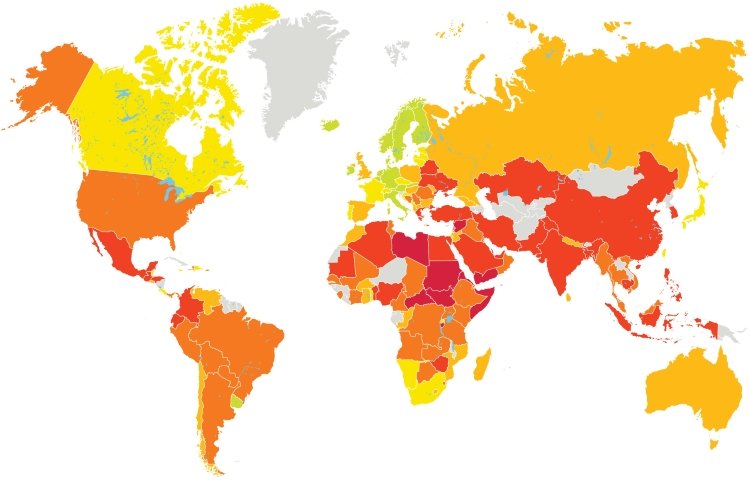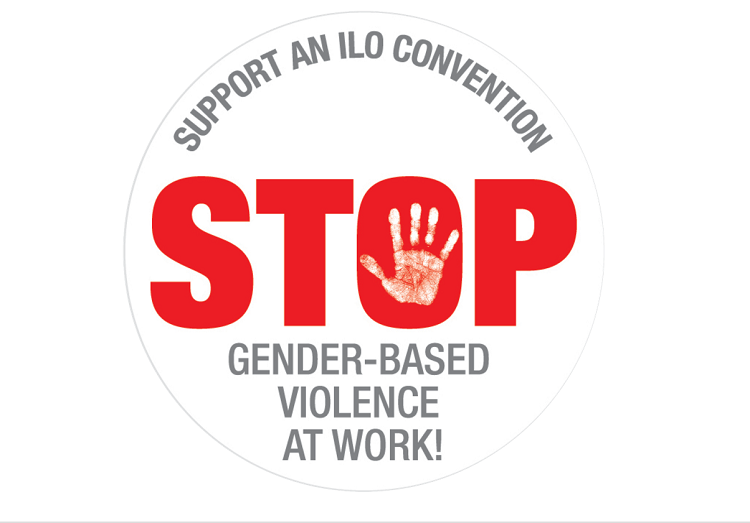The meeting started with presentation of the debates by the PERC Executive Committee. In particular, the participants were introduced to the different elements of the PERC working plan in 2012, to the workplans of the Women’s and Youth Committees. The new concept of the PERC website was also introduced.
In 2012 much of the PERC attention will be devoted to preparation of the workers’ position at the ILO European Regional Meeting in 2013 and the PERC Summer School that will take place in September in Gdansk will be expected to draft policy lines for further debates by the next PERC Executive in 2013 so that workers’ representatives at the ERM would have solid guidelines and policy papers that would enable delivering union positions in Oslo.
Grigor Gradev, PERC Executive secretary introduced the challenge the European trade union movement is facing – the evolution of economic crisis, attacks on labour rights, and dismantlement of industrial relations systems, growing inequalities, situation of young people situation, rise of populist parties. Negative attitudes towards unions.
Attack on workers and trade union rights run by governments under pretext of austerity measures was in the centre of debate – situation in Greece, Spain, Romania, Italy and other countries – when financial institutions – IMF and European Central Bank – and the European Commission dictate to the sovereign states which “measures” they need to take to ensure fiscal discipline. These “measures” often include flexibilisation of labour relations, easy termination of employment, undermining of collective bargaining. Unions have to use the ILO and all its different platforms and mechanisms, including the European Regional Meeting to prove that such measures violate international labour standards ratified by the sovereign states. Particular attention was devoted to Greek situation, where adjustment programme proved to be a complete failure and trapped the country in vicious circle. Unemployment is rising – 21% officially, youth unemployment reaches 51% that leads to brain drain. There is an increase of wage gap. The approach has been killing completely collective approach, interfering into private sector collective bargaining.
Georgios Altintzis of the ITUC Economic and Social Policies department present ITUC agenda and position in that regard. The ITUC is lobbying for social protection floor, for 2% of national GDP being directed to green jobs creation to ensure just transition to a low carbon economy, for making sure that trade agreements include labour rights in trade, for need to tackle precarious work and to make work more formal, to improve standards of occupational health and safety and to utilise workers capital (e.g. of the pension funds) in such way that promotes sustainable and workers friendly investment. The ITUC is working in framework of G20 process, also with the UNCTAD and IFIs, first of all with the International Financial Corporation of the World Bank on core labour standards in loan performance standards, and is also creating labour forums in parallel to intergovernmental forums (APEC, ASEM). It also is exploring alternative Minim growth and employment strategies in pilot countries - Zambia, Bulgaria, Dominican Republic – to promote redistributive taxation, better employment etc.
The second part of the meeting was devoted to introduction of different aspects of the ITUC policies and actions in line with the decisions of the ITUC General Council in October 2011. Representatives of different ITUC department made contributions about their piece of ITUC work.
Tim Noonan, ITUC campaigns and communications director presented two main initiatives of the ITUC – political organizing and corporate organizing. Political organizing initiative stems from New Frontlines Forum run in December last year that builds around union movement a critical mass of world thinkers, analysts, and political supporters who promote the vision the workers of the word believe in re. new sustainable world architecture. It is building political fightback against liberal ideology. In that framework in several countries pilot initiatives were run and a global research was initiated to assess opportunities to wedge broad public support and to engage citizens in value shared alliances. The ITUC is also running a set of “workers testimonies” – to show to the broad publicity what are concerns and demands of ordinary working people.
The corporate organizing basically explores opportunities to force big Multinational companies to respect workers and trade union rights regardless of the state they operate in. So far, the ITUC is engaged in 3 campaigns: jointly with UNI – on T-mobile, with UNI and ITF – on DHL, with BWI – on Ikea. The affiliates are requested to act in their own countries – with practical actions and information.
Alison Tate, ITUC External Relations Director, introduced Rio+20 campaign the ITUC has been implementing together with other civil society organisations and players. The United Nations Conference on Sustainable Development (so called Rio+20) will take place during three days, from 20 to 22 June 2012. World Leaders are asked to ’revitalise commitments’ around sustainability and will discuss issues such as the green economy, the institutional framework for sustainable development as well as issues such as employment, food and energy among others. The unions and their allies are mobilising to get workers position through. Unions are calling for jobs, green jobs and decent work, for a guarantee for the social protection floor for all the worlds’ people with funding to kickstart or strength social protection in the poorest countries and want the greed of the financial sector to help pay for sustainability through a financial transaction tax - FTT.
Jeroen Beirnaert of the ITUC Equality department, presented ITUC work on migration and forced labour. Marieke Koning introduced to the “12 by 12” campaign which seeks ratification of the newly adopted ILO Convention on Domestic workers by at least twelve states in 2012 and affiliates in dozens of countries have been running national campaigns to get ratifications.
The meeting was followed by a preparatory meeting for the International Labour Conference of 2012.



